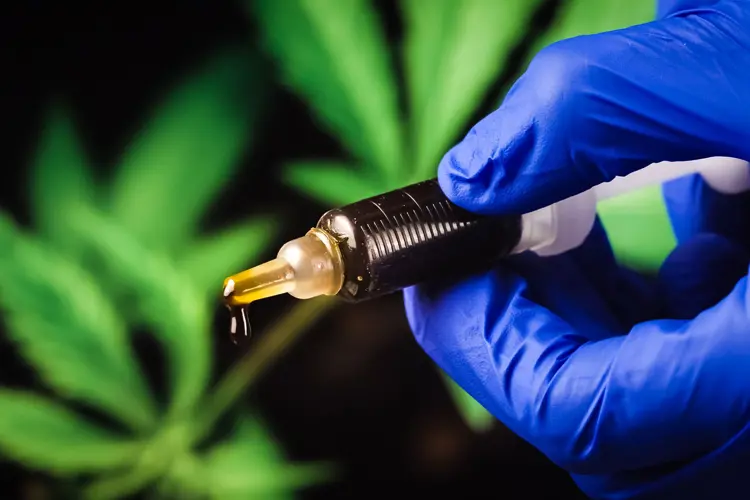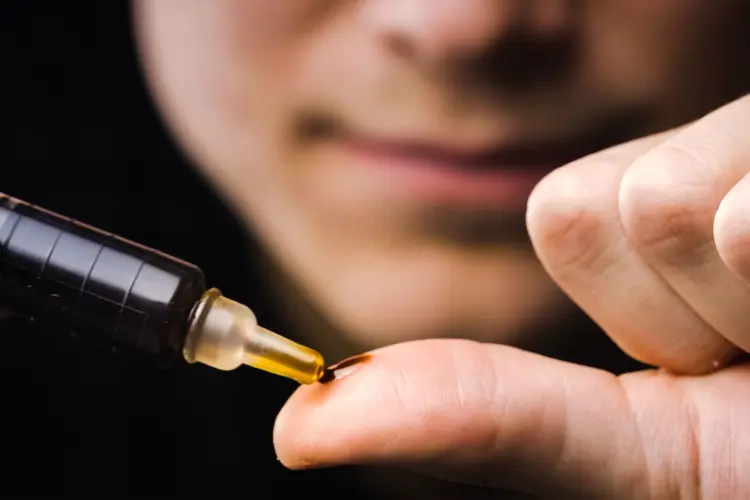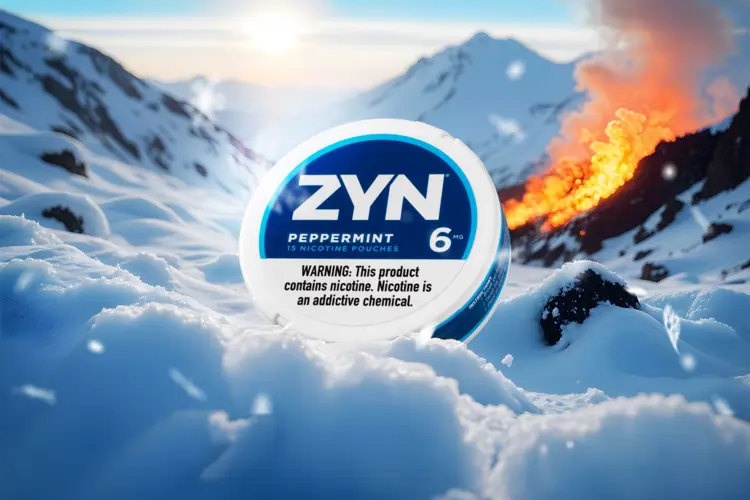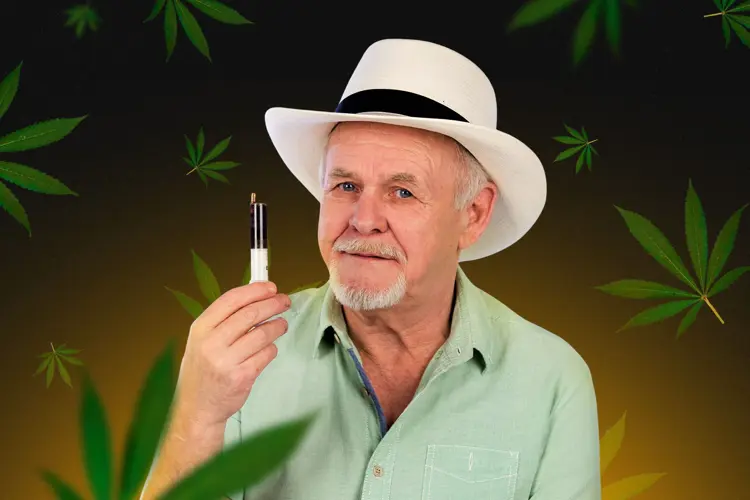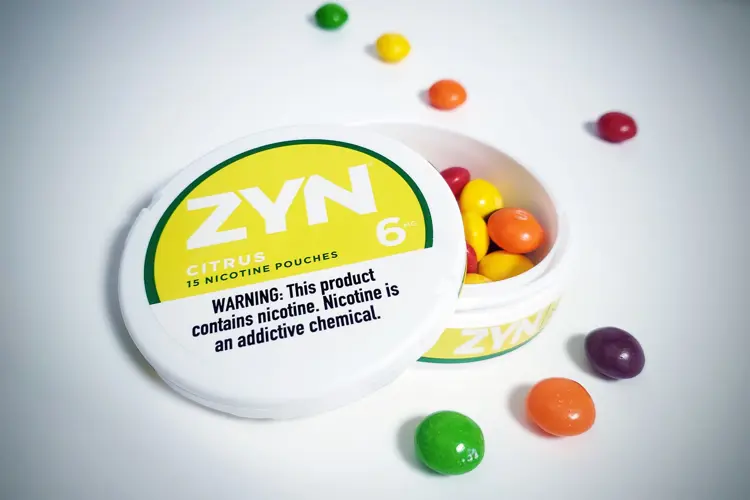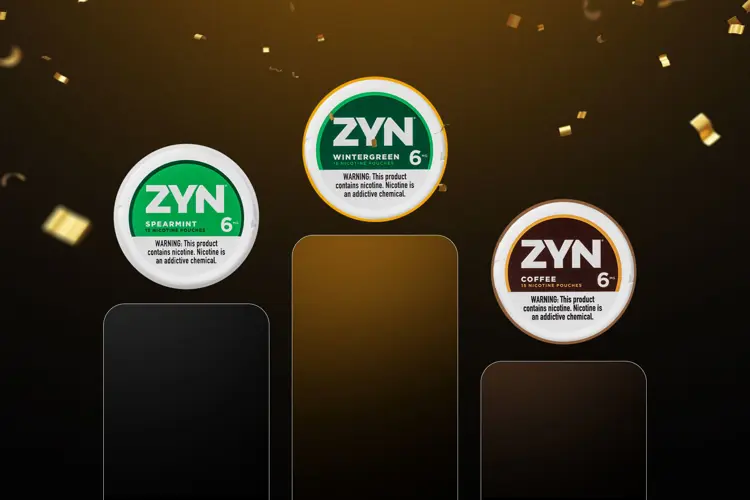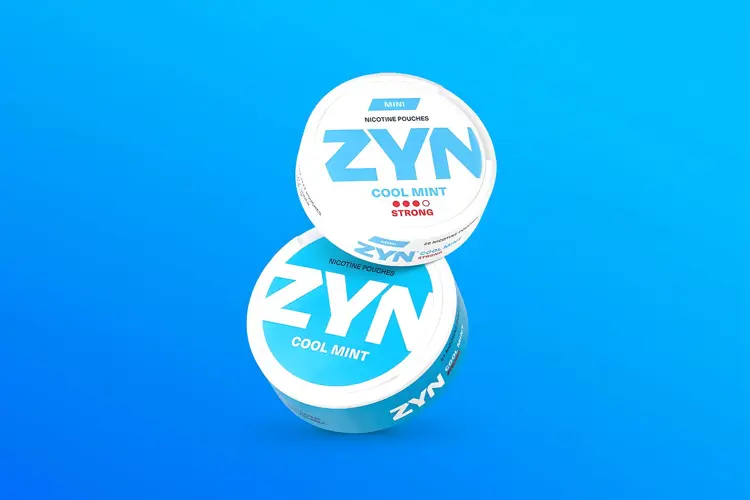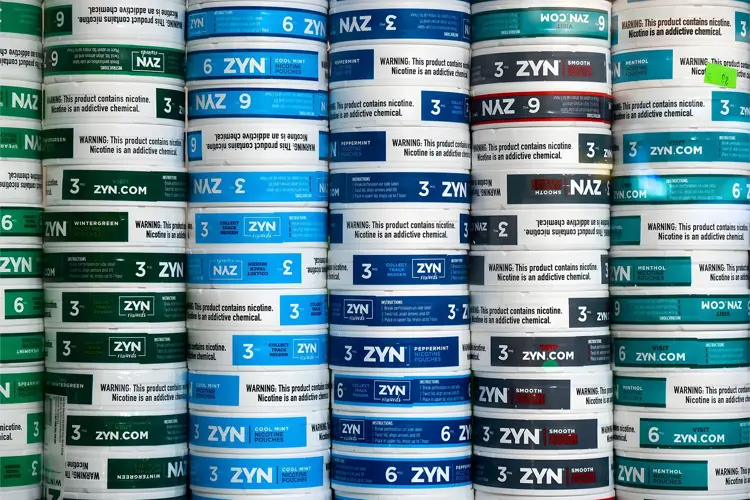Rick Simpson Oil—often called RSO—is a full-spectrum cannabis oil rich in THC and a wide range of other cannabinoids, putting it in the same category as fan-favorites live resin and rosin.
But the further behind the curtain you go, the more complicated RSO gets—much like its divisive creator. Depending on who you ask, Rick Simpson is anything from a folk hero to the face of cannabis pseudo-science.
Some claims about RSO are bold, even compared to those made about other popular cannabis products. Testimonials exist saying that RSO has cured serious diseases like stage IV cancer. Simpson himself has called THC the “cancer killer” and claimed that RSO cured his basal cell carcinoma.
Obviously, these beliefs have struck a nerve in the medical field. How did we get here, and what benefits could RSO actually have?
What is RSO and how is it made?
Rick Simpson Oil (RSO) is a THC-rich, full-spectrum marijuana extract.
RSO’s high THC content is one of its defining characteristics—it’s a big part of what makes RSO what it is. While you can find viscous, full-spectrum hemp extracts that come in syringes, these aren’t technically Rick Simpson Oil. The extract’s proposed (emphasis on “proposed”) benefits depend on it being THC-dominant.
To make RSO, cannabis is submerged in a solvent like grain alcohol, before being crushed and stirred into the liquid. The mixture is then strained and heated until leftover alcohol evaporates.
Due to how it’s prepared, the THC in RSO is activated during production, not after. You don’t need to dab it like you would with THCA into psychotropic THC. That step has already been taken care of. (Plus, dabbing or smoking RSO isn’t recommended.)
It’s entirely possible to craft extracts from high-CBD flower using this same technique. They might be labeled “RSO,” but without the defining high-THC content, they’re not RSO.
RSO and the entourage effect
Since RSO is a full-spectrum (or “whole plant”) product, using it could provide the entourage effect: the result of weed compounds intermingling to create a stronger overall effect. Cannabinoids, terpenes, and other plant materials seem to perform at their peak when working together.
RSO isn’t your only choice if you’re seeking the entourage effect, but it’s still a good choice if you want to prepare a full-spectrum concentrate in your kitchen, rather than buying it at a dispensary. You don’t need industrial equipment or years of experience to make RSO.
Benefits of Rick Simpson Oil
Aside from general research on THC and its potential benefits, we only found one study focused on RSO itself.
Anecdotes from users and claims by the extract’s creator are responsible for RSO’s reputation. While these give us a jumping-off point, none of the anecdotal claims should be treated as fact or medical advice.
On to the elephant in the room: claims about RSO’s cancer-curing abilities appear to be unfounded. It’s unclear whether the extract even has benefits beyond those of any high-THC weed oil. The study we noted above is impressive (leukemia cells took a dramatic hit), but it hasn’t been replicated since.
You’ll find a few incredible stories floating around, like this one about a young girl allegedly treated with RSO after receiving a terminal cancer diagnosis—but jumping to conclusions is risky. We don’t have the full context for any of these anecdotal accounts, and we don’t know how big RSO’s contribution even was. In most or all cases, the patient received surgery or chemotherapy before trying RSO.
Unsurprisingly, the radical claims about RSO have raised alarm bells within the medical community.
Don’t give up on your care plan and expect to cure cancer with RSO. But if you find that it helps alleviate symptoms, go right ahead and use it. It’s a lower-risk choice than addictive opioid painkillers like morphine. Just talk to your doctor about it first, as with any alternative therapy.
THC and cancer: are they related?
Let’s zoom out for a second. To give credit where it’s due, there does appear to be some promise for using THC to treat cancer.
As far back as 1975, oral delta 9 THC was shown to slow tumor growth in mice. In fact, it was studies like this that inspired Simpson to begin experimenting with medicinal cannabis in the first place; he didn’t create his namesake oil on a whim.
Over the past several decades, new research has backed THC’s potential anti-tumor capabilities. It may enhance the effects of radiation when combined with CBD; particular terpenes might also boost THC’s potential anti-cancer properties.
These are promising possibilities, but more research is needed to verify the benefits. However, there’s no proof that THC is a true “cancer killer,” or that it alone can send a terminally ill patient into remission. It’s not a miracle drug, but THC could be an asset to novel therapies.
Side effects of RSO
First, because RSO is so THC-rich, it will get you high—possibly very high if used in large quantities. And you’re likely to experience some of weed’s common (short-term) side effects:
- Dry mouth and eyes
- Increased appetite
- Slow reaction time
- Blood pressure changes
- Sleepiness
- Impaired memory
Cut your session short if you experience a more serious adverse reaction. Paranoia, hallucinations, and vomiting are risks, and some users are more prone to experiencing them than others. Potent concentrates like RSO are tricky to dose without overdoing it, especially for first-time users.
You should always start slow when trying new THC products. Don’t bump up your dose until you’ve given the effects time to settle in (often within 30 minutes if you’re taking RSO sublingually or two hours if consumed via the digestive tract).
How to use RSO
You can dab a wide range of concentrates, but you can’t dab RSO. It’s intended to be taken orally (either directly or in edibles), sublingually (under the tongue), or applied topically. You don’t need to heat it to convert non-intoxicating THCA into THC.
RSO isn’t as heavily processed as concentrates intended for vaping or dabbing. It’s also thicker and may contain residual plant materials or alcohol, making vaping difficult and unpleasant.
Rather than a small pot, RSO and RSO-style concentrates typically come in a syringe. Make sure the syringe is uncapped and the oil is at least at room temperature before squeezing it out with the plunger.
Dosing Rick Simpson Oil
You can always experiment to find the right RSO dose for you, starting small and working your way up. And when we say “small,” we mean it. RSO is an extremely potent extract. Don’t go over a rice grain-sized dose on your first use.
Another possibility is following Simpson’s own protocol, as explained on his website. Even maintaining skepticism about Simpson’s cancer-curing claims, his RSO regimen may be a good place to start if you’re using it to help manage pain, appetite, or other symptoms. You’ll consume a small dose every eight hours.
If you’re already familiar with THC-heavy concentrates, RSO shouldn’t be hard to figure out. Be sure to pace yourself and closely monitor how much you’re taking.
How to store RSO
Proper storage is the key to keeping cannabis extracts fresh.
Store RSO like you would other cannabis concentrates: keep it away from sunlight and out of hot, humid conditions. Don’t keep it in your bathroom, car, or near a window. Any of these can lead to faster deterioration—the loss of valuable cannabinoids and terpenes. The oil could even get moldy if it sits around long enough.
Keep RSO in a cool, dark location, either in an airtight container or bag. Store it in the fridge if you’d like, just keep in mind that this can make the extract thicker and harder to work with. It might take several hours to bring refrigerated RSO back to room temp—or you could soak the sealed, capped applicator (not the plunger) in a bowl of warm water before using it. Then run the plunger under warm water.
Where to buy Rick Simpson Oil
You have two main options: either make RSO at home or pick up a syringe from your local dispensary. Marijuana is federally illegal in the United States, so you won’t find authentic RSO at convenience stores or head shops. It contains well above the 0.3% delta 9 THC limit, and can only be sold in states with legal medical or recreational weed.
What is Rick Simpson Oil: FAQ
What does RSO taste like?
Because RSO is such a concentrated oil and often contains plant material, it has a strong, grassy flavor.
Workarounds exist if you’re not a fan of the taste. RSO is already decarboxylated and meant to be taken as-is, so you can always add small amounts to food (keeping a close eye on your dose) to drown out its bitterness.
Pre-made RSO edibles like gummies and capsules are also a possibility.
Does RSO expire?
Yes, like any cannabis extract, RSO can go bad. Good storage practices help maximize its lifespan. Be sure to keep RSO in a cool, dry location without sunlight, and finish it off within a year of buying or making it.
After a few months in storage, extracts begin losing potency as cannabinoids—THC, CBD, and so on—are destroyed by their environment. Heat, UV rays, and oxygen all speed up deterioration. Terpenes are lost, too, so flavor and aroma—and the entourage effect—also decline.
How long does RSO last?
The effects of RSO can last for a long time, but it depends on:
- Tolerance
- Dose
- Medical conditions
- Medications
- Weight
- Other physiological factors
That said, full-spectrum extracts tend to be extremely potent. If you already know that you’re sensitive to weed, start with a small dose and pay close attention to how you’re feeling.
Don't use RSO if you’re under any time constraints. First-timers should expect to be high for several hours (typically three to seven), even with a small dose.
That’s assuming you’re taking RSO sublingually or orally. Topical RSO won’t get you high, but may provide localized relief where its applied. Generally, these effects are shorter-term than with oral consumption.
Does RSO need to be refrigerated?
That’s up to you. If you plan to keep RSO in storage long-term, then refrigerating it can help keep your oil fresh for longer. Refrigeration, however, sacrifices ease of use. Since it’s traditionally taken via syringe, RSO is challenging to work with after it’s thickened in the cold. You’ll need to give it time to warm before using it.
Assuming you finish off RSO quickly and avoid storing it in warm, humid locations, refrigeration is unnecessary.
Is RSO the strongest oil?
It’s tough to say whether RSO is the strongest cannabis oil. Everyone responds differently to extracts and you won’t know for sure until you try them.
If we’re to believe anecdotes, there are lots of RSO users who claim it’s the most potent concentrate. That’s worth considering before your first session. Again, ease your way in and assume you’ll have an intense reaction until proven otherwise.
THC concentration is even trickier. RSO isn’t the highest-THC product out there, at least if we’re focused on the numbers alone. It contains up to 90% delta 9 THC (on par with many full-spectrum concentrates), while THC distillates can clock in as high as 99%.
Higher percentages don’t always translate into stronger effects, though. Many users find that full-spectrum oil like RSO hits harder than distillates, thanks to the synergistic effects of the cannabinoids and terpenes in full-spectrum extracts (the entourage effect).
Does RSO make you tired?
If high-THC products tend to make you sleepy, then RSO will probably do just that. Drowsiness is one of the most common side effects of cannabis. But you won’t know for sure until you try it.
It depends on the person, though. For some, THC is stimulating rather than relaxing.
Whether RSO helps with insomnia or sleep disorders is unknown. There’s hardly any research on its benefits, meaning there really isn’t evidence that RSO outperforms other cannabis products in this area.
President Trump promised during his election campaign to “save vaping," but his administration has undermined that goal at every turn.
The U.S. disposable vape market has grown to $2 billion in annual sales, although nearly none of the products are authorized by the FDA.
More than 30 bills that would impose severe restrictions vaping consumers’ product choices remain active in U.S. state legislatures.
The Freemax REXA PRO and REXA SMART are highly advanced pod vapes, offering seemingly endless features, beautiful touchscreens, and new DUOMAX pods.
The OXVA XLIM Pro 2 DNA is powered by a custom-made Evolv DNA chipset, offering a Replay function and dry hit protection. Read our review to find out more.
The SKE Bar is a 2 mL replaceable pod vape with a 500 mAh battery, a 1.2-ohm mesh coil, and 35 flavors to choose from in 2% nicotine.

